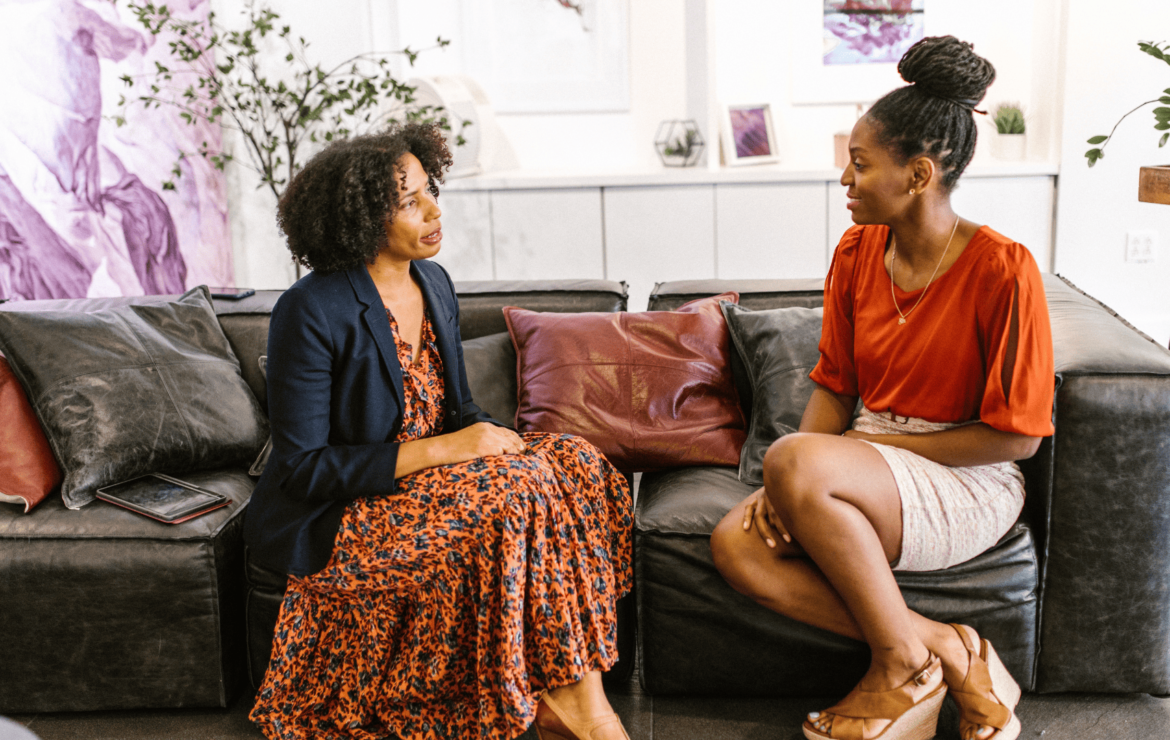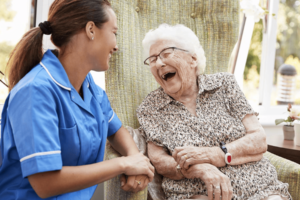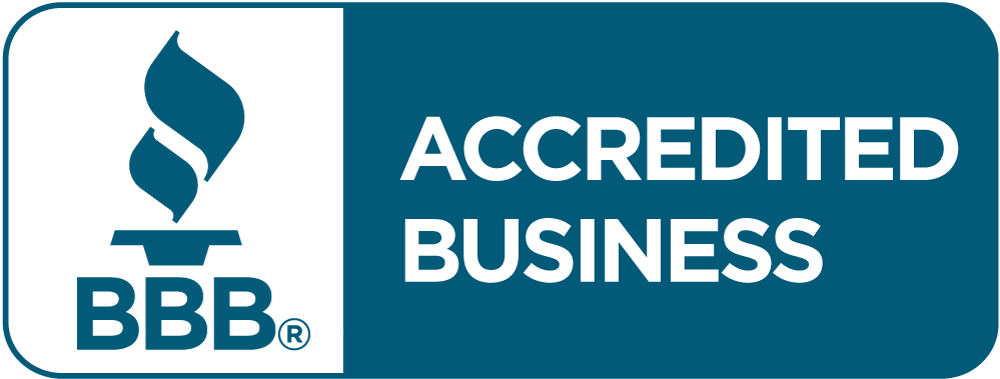Signs That a Senior May Need Help at Home

Signs That a Senior May Need Help at Home: Guide for What to look out for
As our loved one’s age, it can be challenging to determine when they might need additional help at home. Seniors often resist the idea of outside assistance, wanting to maintain their independence. However, there are some clear signs to look out for that indicate they may need support to continue living safely and comfortably in their own homes. Here’s what to watch for:
1. Physical Changes and Declining Mobility
One of the most obvious signs a senior may need home care is when their physical abilities start to decline. Look for noticeable changes in their; mobility, such as difficulty walking, climbing stairs, or
- Getting in and out of bed.
- Frequent falls or near falls are red flags that your loved one may need assistance with daily tasks to prevent injury.
- Additionally, pay attention to their weight; significant weight loss could indicate they’re struggling with meal preparation or eating properly.


2. Social Isolation and Withdrawal
Seniors who isolate themselves or withdraw from social activities may be struggling with more than just loneliness. A lack of social interaction can exacerbate physical and mental health issues. If your loved one has stopped attending their usual social gatherings or shows signs of depression or anxiety, home care services can provide companionship and help them stay engaged with their community and loved ones.
The support of families is essential in making sure seniors feel reassured and supported through the process, by helping to organize their calendar, reminding them of the things they used to enjoy & how much they used to enjoy those activities and/ or events, offering to drive them and later picking them up along with their companion or organizing transportation to maintain a consistent routine, giving them something to look forward to.
3. Neglect of Personal Hygiene
Seniors who find it challenging to take care of themselves may begin to neglect their personal hygiene. You may notice;
- unkempt hair
- body odor
- wearing the same clothes for several days
- an unclean living environment.
These are signs that they are finding it difficult to perform daily activities such as bathing, dressing, and grooming. Home care can help with these activities, ensuring that your loved one maintains their dignity and health.


4. Changes in Household Management
Another sign to watch for is an inability to manage the household. This could include;
- unpaid bills piling up,
- expired food in the fridge,
- clutter, or a general decline in the cleanliness of the home.
If your loved one is having difficulty keeping up with these basic tasks, home care can help with housekeeping, meal preparation, and other daily chores to maintain a clean and safe environment.
5. Frequent Health Issues or Medication Mismanagement
Frequent health problems, such as recurring infections or worsening chronic conditions, could be a sign that your loved one needs help managing their health. This is particularly concerning if they are skipping doctor appointments or struggling to keep track of their medications. Home care services can provide medication reminders and ensure they attend necessary medical appointments to stay on top of their health.
6. Cognitive Decline and Memory Issues
Memory problems are common in aging but can become a concern when they interfere with daily life. If your senior loved one is forgetting to;
- pay bills,
- missing appointments, or
- leaving the stove on, these are clear indicators that they might need assistance.
Cognitive decline can also manifest as confusion, disorientation, or difficulty managing medication, all of which can put their safety at risk. Home care can provide support in managing medications, keeping routines, and ensuring their overall well-being.
7. Increased Caregiver Strain
If family members are providing the primary care and feeling overwhelmed, this could be another sign that professional help is needed. Caregiver burnout is real and can lead to increased stress and decreased quality of care. Bringing in home care assistance can alleviate the burden on family caregivers and provide more comprehensive support for the senior.
Recognizing the signs that your senior loved one may need home care is crucial in ensuring their safety, health, and quality of life. If you notice any of these red flags, it might be time to explore home care options to provide the necessary support while allowing them to maintain their independence for as long as possible.









